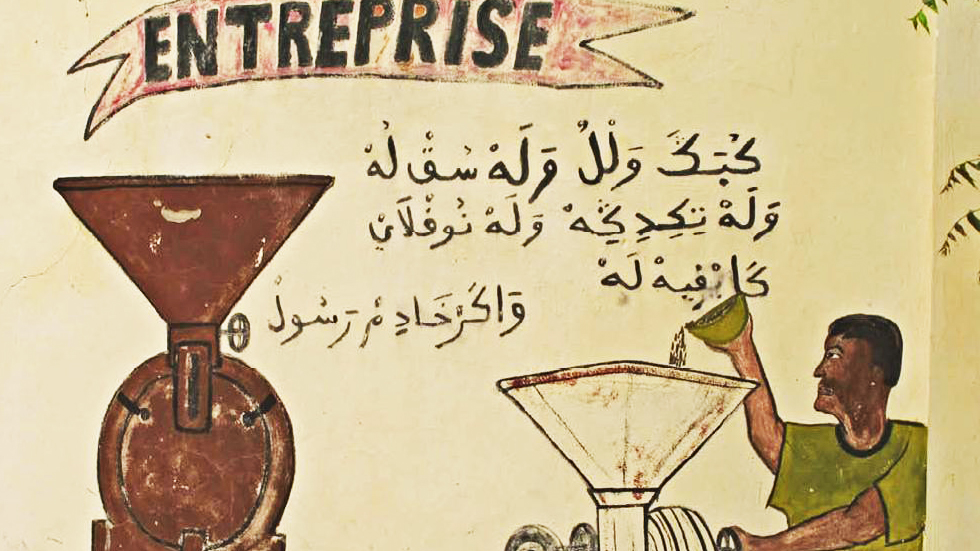Azad Essa delves into the many scandals that plagued Zuma before his final act and how the ANC turned mostly a blind eye.
In the end he wanted us to feel sorry for him. Before Jacob Zuma finally uttered the words “I have therefore come to the decision to resign as President of the Republic with immediate effect,” he wanted to make it clear that he did not know why he had to go.
By the time he got to his point in a long-winded roundabout effort, he dropped enough hints for us to know that he felt betrayed. He was resigning for our good.
Those with intimate knowledge of the former president, and his ways and means as a masterful operator and manipulator who could hypnotise a snake pit with minimal turn of phrase and earnest eyes, will know that this was his routine.
This was a man who had made the presidency rotate around his interests, his needs and his pocket. After destroying the reputation of the office, he dared to make his resignation an act of self-immolation.
A week later and the country does feel a little different. Many South Africans are buoyed by the impact the new president has had on foreign investors. The media are lauding everything from his eloquent speeches to his early morning walks with citizens. We are blinded by things we understand as “presidential”.
But that there could be business as usual after close to a decade of thuggery, capture and racketeering is an extraordinary attempt to build consensus on the new president.
South Africans will soon understand that the move to dethrone Zuma was little more than internal revolt within the ANC; a palace revolt. Whereas there have been attempts to compare Zuma’s resignation with Robert Mugabe’s fall – reaching at best – there is truly little difference in the manner in which their dethroning has ricocheted false hope and optimism of real change.
Emmerson Mnangagwa, Zimbabwe’s new president, only took over from Mugabe. It is not a new dawn. Likewise, Cyril Ramaphosa merely took over a deeply divided and fractured ANC, and now a deeply compromised and damaged government. South Africans know too well that the league of co-conspirators are still in cabinet, and even in the presidency. ANC legislators in parliament voted against eight motions of no confidence on Zuma brought by the opposition. Even worse, the ANC have yet to explain why he was recalled; what has sneaked through the cracks is that they forced him to go because he had become too much of a liability.
If the ANC want to tackle the rot, they have to name their shame: they ought to acknowledge they failed the nation by putting him into office in the first place. If not that, at least concede that they should have acted before he turned the presidential office into a plaything.
When Zuma walked into the presidency in 2009, he came with questions of corruption hanging over him. They were dropped prior to the elections because of alleged political interference. Before the actual corruption case, there was the horrific rape trial in which a woman – known to the public as Khwezi – accused Zuma of rape. The case was dismissed and the threats to her life became so stark, that she was forced to flee the country.
Still, the ANC felt it appropriate, while Julius Malema (then-head of the ANC Youth League) and Zwelinzima Vavi (former General Secretary of the Congress of South African Trade Unions) pushed emphatically for his success.
Fast forward a few years, and the wheels began to fall off as both Malema and Vavi became his fiercest critics.

By the time Thuli Madonsela, then the public protector, detailed how Zuma had inappropriately benefited from non-security upgrades at his home in Nkandla in 2014, South Africa’s public debate revolved around calling on Zuma “to pay back the money”.
In March 2016, the Constitutional Court said that Zuma had broken his oath of office when he refused to comply with Madonsela’s findings. It is during this period that “state capture” entered popular lexicon as it became clear that Zuma had provided undue access in the form of contracts, state apparatus and knowledge to an Indian family named the Guptas.
In May 2017, the Guptaleaks revealed how the Indian family had called the shots on cabinet appointments.
Zuma and his fanatic supporters used “transformation” of the economy as a crutch in dealing with the allegations of corruption and and racketeering. It is true that the majority of the country’s wealth remains in white hands. For instance, just 23 per cent of the shares traded on the JSE involve black South Africans. When it comes to land, a report in late 2017 argued that 73 per cent of farming land were owned by white people. When it comes to jobs, white people earn five times more than their black compatriots. According to researchers, the adoption of market-based reforms only widened the gaps between those who have and those historically didn’t. Little wonder, the majority of black South Africans are still poor.
Where it likely to take years or a generation or two to alter the status quo, Zuma seemed sold on the idea of changing it immediately. And on his terms, for his family and friends and contacts. Zuma took a legitimate question of radical economic transformation and turned it into an excuse to loot the state.
So much so, that the Guptas, recruited notorious PR agency Bell Pottinger to sell a narrative that white monopoly capital were the source of all social and economic ills in the country.
The attempted deflection came at a tremendous cost to the poor. Under him the currency dropped to its lowest, the stock market lost billions of dollars, the economy fell from four per cent to starting into the abyss; crucially unemployment rose to 27 per cent. Almost six million people – in that economically active age – are without jobs in the country.
Now, Ramaphosa has taken over and there is talk of relief and regeneration. It is as if Ramaphosa fell from the sky; a shiny suit, a warm smile and a clean slate. As if he played no part in the Marikana massacre, as if he was not part of Zuma’s cabinet all along.
Between the adulation and the shuffling for job and favour, there are murmurs of the real presidency to come.
The National Union of Metalworkers in South Africa (NUMSA), writing in response to Ramaphosa’s appointment into the top job, simply said the following:
“Of course the neoliberal materialist culture of grotesque inequalities, conspicuous consumption and corruption will continue; only this time the disguises will be much more effective!”
And NUMSA would know. South Africans forget that it was the National Union of Metal Workers (NUMSA) in 2013 who were among the first organisations that called for Zuma to resign; long before businesses coordinated Save SA, and fired government officials took bold stances against the president, or civil society created “Future SA” collectives in a bid to get him out of office.
If Zuma was genuinely aggrieved to step down, we will never know. Maybe Zuma was so protected by sycophants over the past decade that he could not believe he would be held to account one day. But if his narcissism had shielded him from reality, we shouldn’t be blinded by our own hopes, too.
Azad Essa (@azadessa) is a journalist with Al Jazeera and co-founding editor at The Daily Vox, South Africa.
The views expressed in this post are those of the author and in no way reflect those of Africa at LSE blog or the London School of Economics and Political Science.





